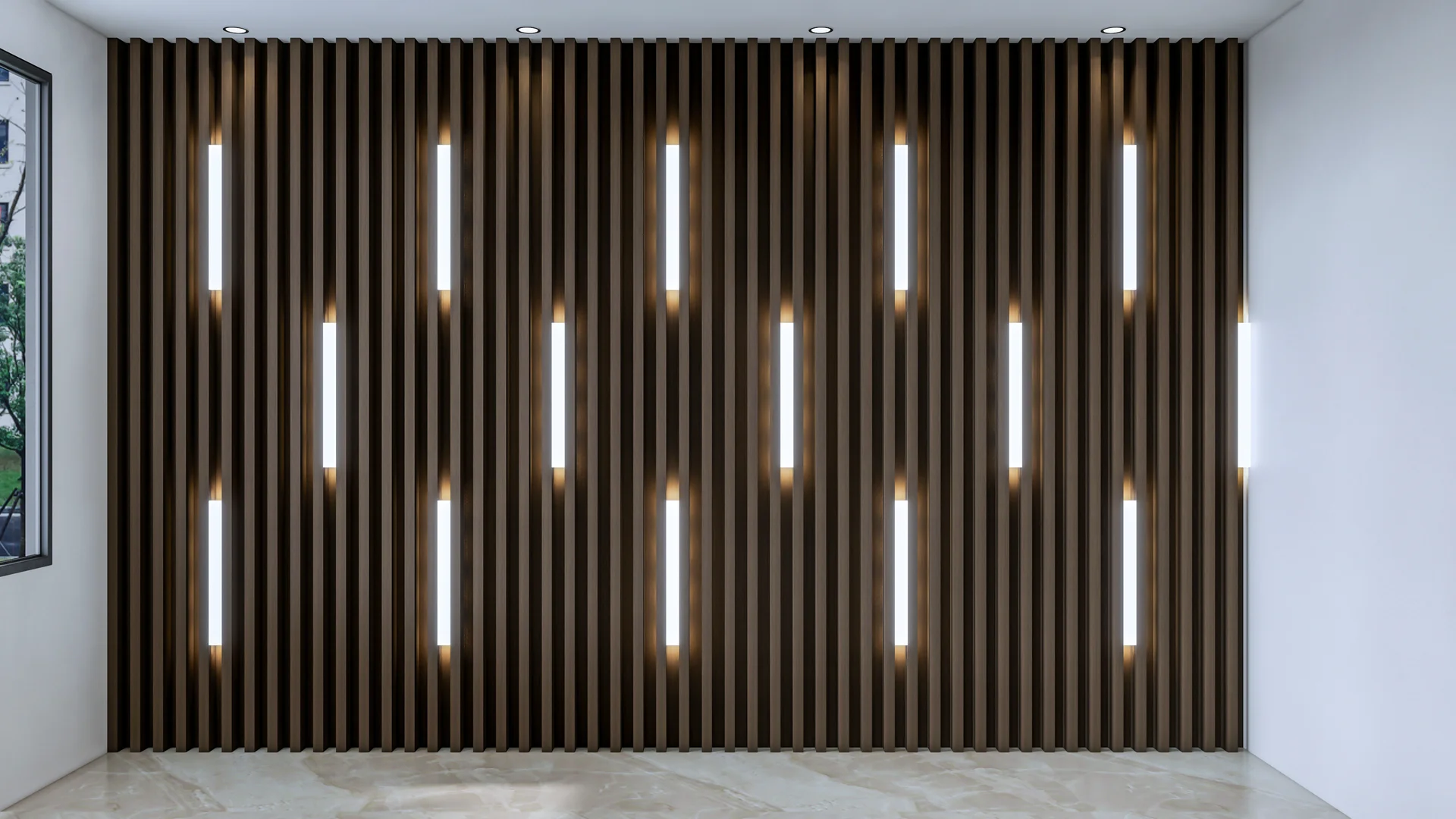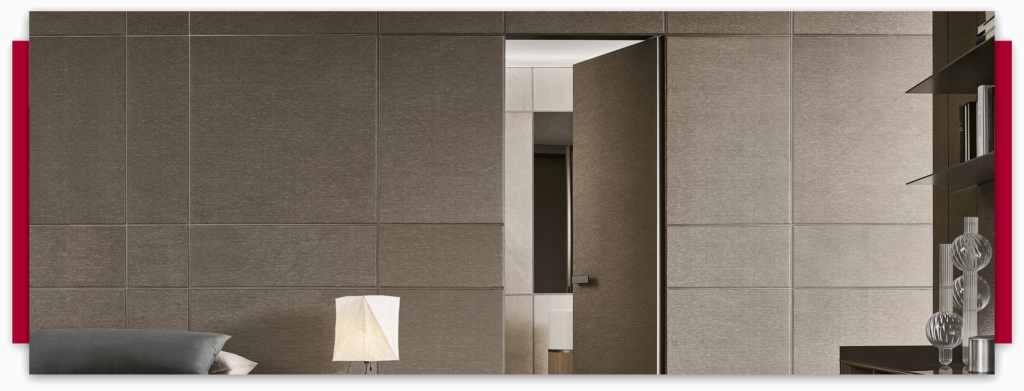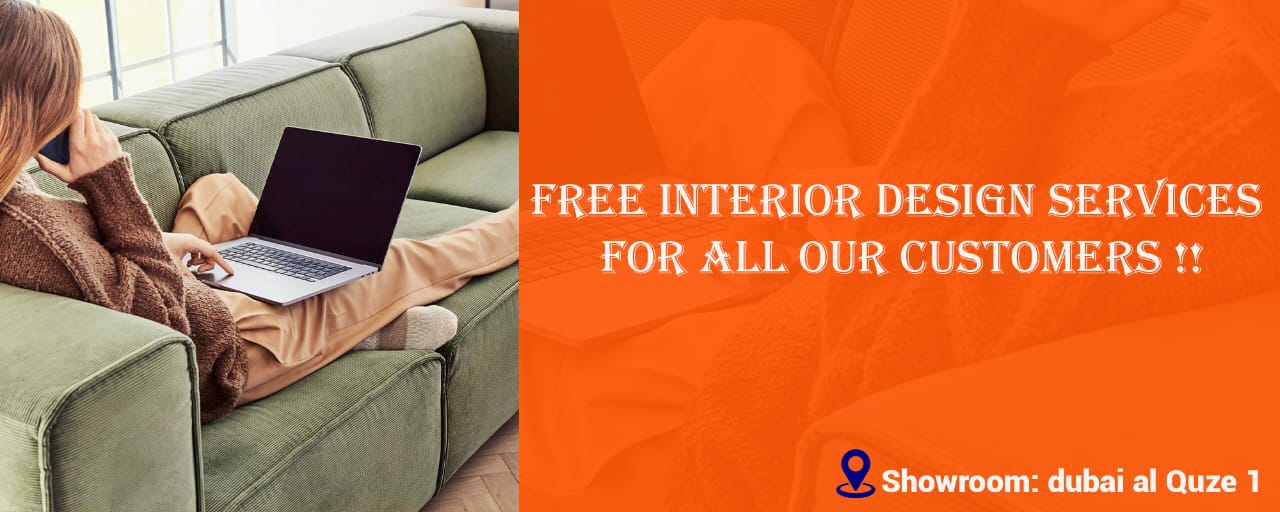
Dubai is a city where architecture meets art. From soaring skyscrapers and opulent villas to contemporary office buildings and luxury malls, every structure is a symbol of style, strength, and innovation. A key element in achieving these architectural feats is wall cladding—a design and functional solution that enhances building aesthetics while providing protection against environmental factors. Today, wall cladding in Dubai is more than just a trend—it’s an essential feature in both residential and commercial construction projects.
In this comprehensive blog, we’ll explore everything you need to know about wall cladding in Dubai, including its types, benefits, trending materials, and why it’s a smart investment for property owners in the UAE.
What is Wall Cladding?
Wall cladding is the process of applying one material over another to provide a layer of skin or protective surface. It is commonly used on building exteriors, but is also gaining popularity for interior applications across homes, offices, and retail spaces.
In Dubai, wall cladding serves both functional and decorative purposes, offering weather resistance, insulation, durability, and a premium look that aligns with the city’s luxurious aesthetic standards.
Why Wall Cladding is Popular in Dubai
Dubai’s unique climate, characterized by high temperatures, humidity, and sandstorms, creates a need for strong and weather-resistant building materials. Wall cladding helps mitigate these challenges while delivering a sleek and modern visual appeal.
🔍 Key Reasons to Install Wall Cladding in Dubai:
- ✅ Thermal insulation against extreme heat
- ✅ Protection from sand, dust, and moisture
- ✅ Aesthetic appeal for luxury villas and commercial spaces
- ✅ Sound insulation for offices and residential towers
- ✅ Increased property value
- ✅ Low maintenance with long-term durability
Whether you’re designing a villa in Palm Jumeirah, a hotel in Downtown Dubai, or a retail outlet in Al Barsha, wall cladding offers unmatched advantages in both functionality and design.
Types of Wall Cladding Used in Dubai
Dubai’s construction market is as diverse as its skyline. Depending on your budget, location, and design goals, you can choose from a wide variety of cladding materials.
1. Wood Wall Cladding
- Offers natural warmth and texture
- Popular in luxury homes in Emirates Hills, Arabian Ranches, and Jumeirah Golf Estates
- Treated for moisture and termite resistance
2. Stone Cladding
- Durable and timeless; includes marble, granite, and sandstone
- Common in high-end properties and heritage-inspired designs
- Frequently used in villas across Mirdif and Majlis rooms
3. Metal Cladding (Aluminum/Steel)
- Sleek and industrial look; ideal for modern buildings in Business Bay
- Offers excellent weather protection and fire resistance
- Lightweight and easy to install on high-rises
4. PVC and Vinyl Cladding
- Affordable and water-resistant
- Ideal for exterior walls in budget housing communities like International City
- Easy to clean and maintain
5. Ceramic and Porcelain Cladding
- Used in both interior and exterior applications
- Preferred for hotel lobbies, shopping centers, and bathroom walls
- Scratch-resistant and easy to clean
6. 3D Wall Panels
- Popular in Dubai interior design for creating feature walls in living rooms, offices, and hotel interiors
- Adds texture and dimension to flat surfaces
7. Glass Cladding
- Common in skyscrapers in Downtown Dubai, Sheikh Zayed Road, and Dubai Marina
- Provides a sleek, futuristic look with reflective or tinted options
Interior vs. Exterior Wall Cladding in Dubai
🏢 Exterior Cladding
Exterior cladding in Dubai must be:
- Heat and UV resistant
- Strong enough to withstand sandstorms
- Fire-retardant (as per Dubai Civil Defense requirements)
- Visually impactful for modern and traditional façades
Commonly used in:
- Residential villas
- Commercial buildings
- High-rise towers
- Hotels and resorts
- Schools and healthcare facilities
🏠 Interior Cladding
Interior wall cladding focuses on:
- Design aesthetics
- Soundproofing and insulation
- Custom texture and pattern options
- Easy cleaning and durability
Used in:
- Bedrooms, living rooms
- Office reception areas
- Elevators and corridors
- Restaurant interiors
Benefits of Wall Cladding for Dubai Homes and Businesses
Whether you live in a Dubai Hills townhouse or manage a retail shop in JLT, wall cladding offers multiple long-term advantages:
✅ Aesthetic Enhancement
Cladding transforms plain walls into elegant, attention-grabbing features. Materials like wood and marble are particularly popular in Emirati-style homes and luxury interiors.
✅ Energy Efficiency
In communities like The Sustainable City, wall cladding helps reduce indoor temperatures, decreasing reliance on air conditioning and contributing to eco-friendly living.
✅ Protection from the Elements
Cladding materials prevent damage caused by Dubai’s harsh sunlight, humidity, and dust storms, especially for properties in open, exposed locations like Al Qudra or Dubai South.
✅ Maintenance & Durability
Cladding surfaces are resistant to stains, corrosion, and wear—making them ideal for commercial spaces, schools, and healthcare buildings in Al Quoz or Dubai Investment Park (DIP).
Applications of Wall Cladding in Dubai
Dubai’s architectural diversity allows for wall cladding to be used across a wide range of properties:
🏡 Residential:
- Feature walls in living and dining rooms
- Kitchen backsplashes
- Outdoor façade enhancement
- Bathroom and shower walls
🏢 Commercial:
- Office reception areas
- Hotel interiors and exteriors
- Restaurant and café walls
- Shopping mall decorative panels
🕌 Institutional:
- Mosques and prayer areas
- Schools and universities
- Clinics and hospitals
Wall cladding is also a key feature in property renovation projects in Deira, Karama, and Satwa, where homeowners seek to modernize older buildings.
Wall Cladding and Dubai Municipality Regulations
When choosing cladding materials, especially for exterior applications, it’s essential to comply with Dubai Municipality and Civil Defense regulations, which focus on:
- Fire safety standards
- Thermal insulation codes
- Material durability and sustainability
- Design uniformity in gated communities
Many cladding contractors in Dubai offer consultation and installation services that ensure compliance with all local building codes.
Wall Cladding Trends in Dubai 2025

Dubai’s design preferences continue to evolve. The latest cladding trends seen across Dubai Design District (d3) and newly built communities like Tilal Al Ghaf include:
- 🌿 Eco-friendly cladding made from recycled materials
- ✨ Backlit feature panels for a luxury touch
- 🎨 Custom graphic wall coverings and murals
- 🧱 Raw and industrial finishes using concrete-look panels
- 🔊 Acoustic cladding for home theaters and boardrooms
How to Choose the Right Wall Cladding in Dubai
When selecting wall cladding, consider the following:
- Climate compatibility (heat and humidity resistance)
- Design goals (modern, traditional, rustic, etc.)
- Material durability
- Location (interior vs. exterior)
- Maintenance needs
- Community regulations (Emaar, Nakheel, etc.)
Working with a trusted interior design or fit-out company in Dubai ensures professional recommendations and long-lasting results.
Final Thoughts: Is Wall Cladding in Dubai Worth It?
Absolutely. Whether you’re building a new villa, remodeling a hotel lobby, or upgrading a retail store, wall cladding in Dubai is a smart investment that combines visual appeal with functional benefits. It protects your property, improves energy efficiency, and aligns with Dubai’s modern architectural standards.
With options ranging from elegant wood and natural stone to futuristic glass and 3D panels, there’s a cladding solution for every design vision and budget. And when installed professionally, it adds long-term value to your home or commercial space.
So, if you’re ready to elevate your walls from basic to breathtaking, now is the time to explore the wide world of wall cladding options available in Dubai.

